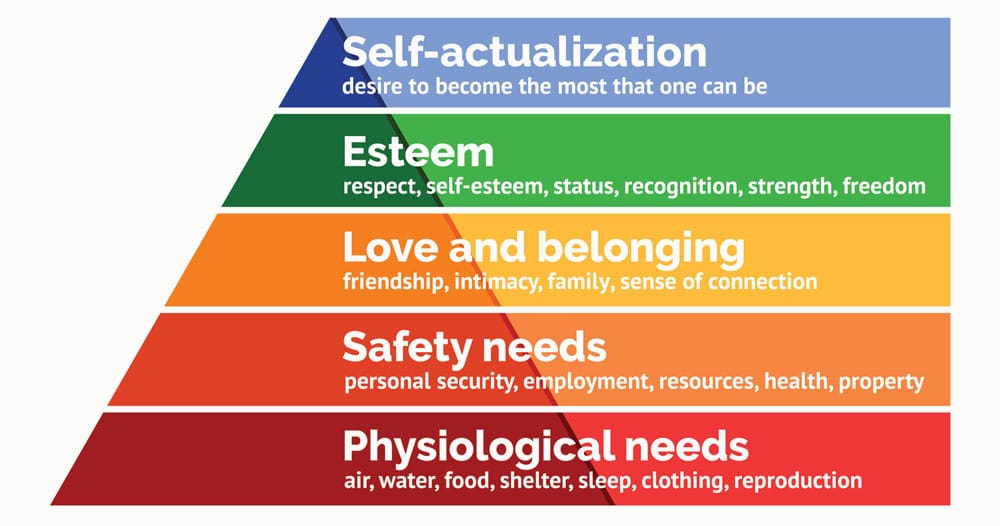
What do you need to feel better… and why?
In my work, I love to inspire and empower people to open-up through divergent thinking by combining different brainstorm techniques with our mindfulness-based approaches. To encourage others to change the way how they feel and connect with themselves and their team members.
Everyone likes to feel better in the workplace; only if you start to become personal, people feel uncomfortable or even shut down. They expect that the organization takes care of them, only usually if we ask them the simple question “What do you need to feel better… and why?”, they often don’t know how to answer it.
We’re losing the connection with our true desires and the reason why we are doing what we are doing. If we don’t become aware of our personal needs in the first place, every job will become sooner or later a burden on our shoulders.
Are you ready to open-up?
Why is it tricky to open-up in the workplace? Why do we see vulnerability and kindness as a weakness? Why is it such a challenge to talk about feeling to your colleges? Why is it more a trend to be narcissistic and selfish instead of compassioned?
Because, let’s be honest to ourselves; are we not all seeking for, safety, love and belongingness? At least, if we believe the original hierarchy of needs (five-stage model) from Maslow (1943, 1954), we need to start with the foundation, before we can even taste fulfilment.

If we need to believe our government, they will take care of our safety ;)
But what if that’s not the case…? Who has the responsibility to fulfil our safety, furthermore who will take care of our sense of belonging?
Join our Action-Packed 7-day Resilient Leader Challenge!
Each day presents a unique dare to stop, slow down, notice, feel, and connect. Hit the link 👇 to learn more.
Let’s create a compassion-driven work environment.
What if we create a work environment, where we take care of each other. An environment with a foundational goal, to fulfil the second stage “Safety” and the third stage “Love and belongingness” of our basic human needs. So we can make each other ready to level-up to the fourth “Esteem” and the fifth “Self-actualization” state.
“A human being is a part of the whole called by us universe, a part limited in time and space. He experiences himself, his thoughts and feeling as something separated from the rest, a kind of optical delusion of his consciousness. This delusion is a kind of prison for us, restricting us to our personal desires and to affection for a few persons nearest to us. Our task must be to free ourselves from this prison by widening our circle of compassion to embrace all living creatures and the whole of nature in its beauty.”
― ALBERT EINSTEIN
Stay Connected & Level Up Your Leadership with Bujoo!
Craving for more wisdom on leadership and team building? Sign up for our newsletter now and enjoy weekly nuggets, invigorating exercises, enlightening podcasts, and inspiring stories — your toolkit for becoming a better leader awaits.


























